OPINION: The IMF and the World Bank are hurting, not helping developing countries
October 21, 2022
The International Monetary Fund and World Bank are Washington-based, international financial institutions which engage in economic neo-colonialism that unlike the colonization of the past is done with debt and economic supremacy instead of through military occupation. These child organizations of the United Nations are just like the UN itself pretending to support world peace and global equality while in reality only supporting the interests of rich, western countries and multi-national corporations.
Both financial institutions provide loans to developing countries as well as advocate and force these countries to work toward what they call “structural adjustment”. They do this by making countries transition toward austerity, mass privatization, corporatization, and other economic policies without protecting local companies and governments’ sovereignty over their country. This gives power to foreign countries and multinational companies rather than the government and companies of that country. This lack of sovereignty leads to developing countries not being financially strong enough to fight back against foreign exploit. This exploitation creates underpaid labor, the overharvesting of resources including oil and lithium, and the destruction of local environments. These policies can be done willingly by the countries, but it common for the countries to be forced into it in order to get loans, grants, or bailouts from debt, even if said debt was originally caused by previous IMF and World Bank loans and policies. The charity Oxfarm reports that “over 80 percent of IMF Covid-19 loans will push austerity on poor countries,” (ReliefWeb).
Economic change is not always the requirement of such loans, as the Daily Mail says that global financial institutions including the World Bank and the International Monetary Fund have given Ecuador $10.2 billion in rescue loans just weeks before the Ecuador embassy kicked Julian Assange out of it. This has led some people to question if the financial institutions bribed the Ecuador president into removing Julian Assange from their embassy.
Critics of these organizations such as the Committee for the Abolition of Illegitimate Debt have said “The WB and the IMF have systematically made loans to [countries] as a means of influencing their policies.” Also, their policies themselves have led to both organizations drawing much criticism as the policies end up being more profitable for multinational companies than to the countries themselves. Not to mention, they do not have a very good track record. The IMF has helped create and worsen the Asian financial crisis by using a “shock therapy” approach caused hyperinflation and mass poverty in 1990s while Russia was under the rule of pro-Western Boris Yeltsin. The World Bank themselves have created policies to build dams and other major infrastructure projects which have displaced millions of people and removed dozens of communities. Both groups together have increased worldwide poverty, contributed to environmentally destructive projects, and have a history of bankrolling dictators, oligarchs, and trans-national corporations while leaving the people and countries they were supposed to bring out of poverty usually in worse shape than they started with.
These institutions are not elected by people, but by countries, especially rich countries. In fact, voting power in the World Bank comes from a country’s financial shares, and vote share in the IMF is derived from countries’ GDPs. In the World Bank, a country can also increase voting power by contributing capital to the International Development Association (IDA), which is a part of the World Bank. The IMF also requires countries to contributed money based on their economic size which also leads the richer countries having more influence over the organization. This has resulted in the World Bank almost always being run by Americans except for the Bulgarian, Kristalina Georgieva and the IMF always being run by Western Europeans again except for Kristalina Georgieva. Also, as you can image the United States itself holds the most voting power of both organizations and has such a solid hold over the institutions that can veto decisions by themselves.
Wikileaks published a classified US Army Field Manual called US Army Field Manual (FM) 3-05.130, Army Special Operations Forces Unconventional Warfare. It describes how the United States government uses institutions such as the International Monetary Fund, Bank for International Settlements, Organization for Economic Cooperation and Development, and the World Bank as financial weapons. The ARSOF mentions how the “manipulation of U.S. financial strength can leverage the policies and cooperation of state governments.” This financial strength that the United States government has can also be used to apply “indirect financial power through persuasive influence to international and domestic financial institutions,” and thus control the “availability and terms of loans, grants, or other financial assistance to foreign state and nonstate actors.” The Army Special Operations Forces manual also tells how the United States government “can use financial power as a weapon in times of conflict up to and including large-scale general war.”
The threat of groups like the International Monetary Fund and World Bank used to be an issue, but the idea faded somewhere in the 2010s. Before, such financial institutions were met with more pressure like during the 1988 IMF/World Bank protests, the 2002 World Bank Oslo protests, the October Rebellion, and the 1999 Seattle WTO protests. They protested globalization and financial groups which has become tools for the wealthy elites and rich countries which oppress the developed world. The best thing for the develop world would be to abolish these financial groups and find better ways to help them.
References:
Blomberg, Brock, and J. Lawrence Broz. “The Political Economy of IMF Voting Power.” Niehaus Center for Globalization & Governance, Princeton University, 2006, https://web.archive.org/web/20120710215927/http://www.princeton.edu/~pcglobal/conferences/IPES/papers/broz_blomberg_F1030_1.pdf.
Boston University Global Development Policy Center. “Poverty, Inequality and the IMF: How Austerity Hurts the Poor and Widens Inequality: Global Development Policy Center.” Global Development Policy Center Poverty Inequality and the IMF How Austerity Hurts the Poor and Widens Inequality Comments, 2 Apr. 2021, https://www.bu.edu/gdp/2021/04/02/poverty-inequality-and-the-imf-how-austerity-hurts-the-poor-and-widens-inequality/.
Chen, Joyce. “Neocolonialism and the IMF.” Harvard Political Review, 21 Oct. 2021, https://harvardpolitics.com/neocolonialism-imf/.
Chambers, Francesca. “How Years of US Pressure Got Ecuador to Hand over Julian Assange.” Daily Mail Online, Associated Newspapers, 16 Sept. 2020, https://www.dailymail.co.uk/news/article-6911925/U-S-pressure-Ecuador-yields-Assange-arrest-bond-deal-help-struggling-economy.html.
Elliott, Larry. “The World Bank and the IMF Won’t Admit Their Policies Are the Problem.” The Guardian, Guardian News and Media, 9 Oct. 2016, https://www.theguardian.com/business/2016/oct/09/the-world-bank-and-the-imf-wont-admit-their-policies-are-the-problem.
Hickel, Jason. “Apartheid in the World Bank and the IMF.” World Bank | Al Jazeera, Al Jazeera, 30 Nov. 2020, https://www.aljazeera.com/opinions/2020/11/26/it-is-time-to-decolonise-the-world-bank-and-the-imf.
Hirsh, Michael. “They’Ve Got a Secret.” The New York Times, The New York Times, 19 July 2013, https://web.archive.org/web/20220616152441/https://www.nytimes.com/2013/07/21/books/review/tower-of-basel-by-adam-lebor.html.
IMF. “Membership.” About the IMF: Overview: Membership, https://www.imf.org/external/about/members.htm#function.
IMF. “The IMF and the World Bank.” IMF, 3 Mar. 2021, https://www.imf.org/en/About/Factsheets/Sheets/2016/07/27/15/31/IMF-World-Bank.
Kawsachun News. “U.S. SOUTHCOM Commander:‘This Region Is so Rich in Resources.. It’s off the Charts Rich.”‘60% of the World’s Lithium Is in the Region; You Have Heavy Crude, You Have Light Sweet Crude, You Have Rare Earth Elements, You Have the Amazon..” Pic.twitter.com/33dq6exkao.” Twitter, Twitter, 20 July 2022, https://twitter.com/KawsachunNews/status/1549834456353185797?ref_src=twsrc%5Etfw%7Ctwcamp%5Etweetembed%7Ctwterm%5E1549834456353185797%7Ctwgr%5E%7Ctwcon%5Es1_&ref_url=https%3A%2F%2Fsputniknews.com%2F20220722%2Fits-off-the-charts-rich-us-general-caught-pining-for-latin-americas-resources-in-viral-video-1097679610.html.
Mokhiber, Russell, and Robert Weissman. “The IMF’s Dirty Dozen.” Mother Jones, 6 Apr. 2000, https://www.motherjones.com/politics/2000/04/imfs-dirty-dozen/.
Oxfam. “Over 80 per Cent of IMF Covid-19 Loans Will Push Austerity on Poor Countries – World.” ReliefWeb, 12 Oct. 2020, https://reliefweb.int/report/world/over-80-cent-imf-covid-19-loans-will-push-austerity-poor-countries.
Pettinger, Tejvan. “Criticisms of WTO.” Economics Help, 10 Mar. 2020, https://www.economicshelp.org/blog/4/trade/criticisms-of-wto/.
Senate of Canada. “IMF INVOLVEMENT IN ASIA: AN INSTITUTION IN NEED OF MAJOR REFORM OR A STABILIZING FORCE?” Chapter 3 : IMF Involvement in Asia, Senate of Canada, https://sencanada.ca/content/sen/committee/361/fore/rep/rep08dec98part3-e.htm.
Stevenson, Richard W. “Outspoken Chief Economist Leaving World Bank.” The New York Times, The New York Times, 25 Nov. 1999, https://www.nytimes.com/1999/11/25/business/outspoken-chief-economist-leaving-world-bank.html.
Stumm, Mario. “How Voice Reform Came about at the World Bank.” D+C Development and Cooperation, German Federal Ministry for Economic Cooperation and Development, 3 Apr. 2011, https://www.dandc.eu/en/article/how-voice-reform-came-about-world-bank.
Toussaint, Eric. “The World Bank and the Philippines.” CADTM, Committee for the Abolition of Illegitimate Debt, 22 Sept. 2020, https://www.cadtm.org/The-World-Bank-and-the-Philippines.
Valencia, Alexandra. “Ecuador Inks $4.2 Billion Financing Deal with IMF: Moreno.” Reuters, Thomson Reuters, 21 Feb. 2019, https://www.reuters.com/article/us-ecuador-imf/ecuador-inks-4-2-billion-financing-deal-with-imf-moreno-idUSKCN1QA05Z.
Weisbrot, Mark. “The IMF Is Hurting Countries It Claims to Help.” The Guardian, The Guardian, 9 Sept. 2019, https://web.archive.org/web/20220115211541/https://www.theguardian.com/commentisfree/2019/aug/27/imf-economics-inequality-trump-ecuador.
Wikileaks. “US Army Field Manual (FM) 3-05.130, Army Special Operations Forces Unconventional Warfare.” Wikileaks, 2019, https://file.wikileaks.cloud/file/us-fm3-05-130.pdf.
WikiLeaks. “What’s Happening with Venezuela? @Wikileaks’ Publication of US Coup Manual FM3-05.130, Unconventional Warfare [UW], Provides Insightdos=Department of Stateic=Intelligence CommunityUWOA=UW Operations AreaARSOF=US Army Special Operations FORCESHTTPS://T.CO/8q4oqfsmzy Pic.twitter.com/ez0tgqhesw.” Twitter, Twitter, 28 Jan. 2019, https://twitter.com/wikileaks/status/1089985249034027009.
WorldBank. “IBRD 2010 Voting Power Realignment.” WorldBank, https://web.archive.org/web/20111229201102/http://siteresources.worldbank.org/NEWS/Resources/IBRD2010VotingPowerRealignmentFINAL.pdf.
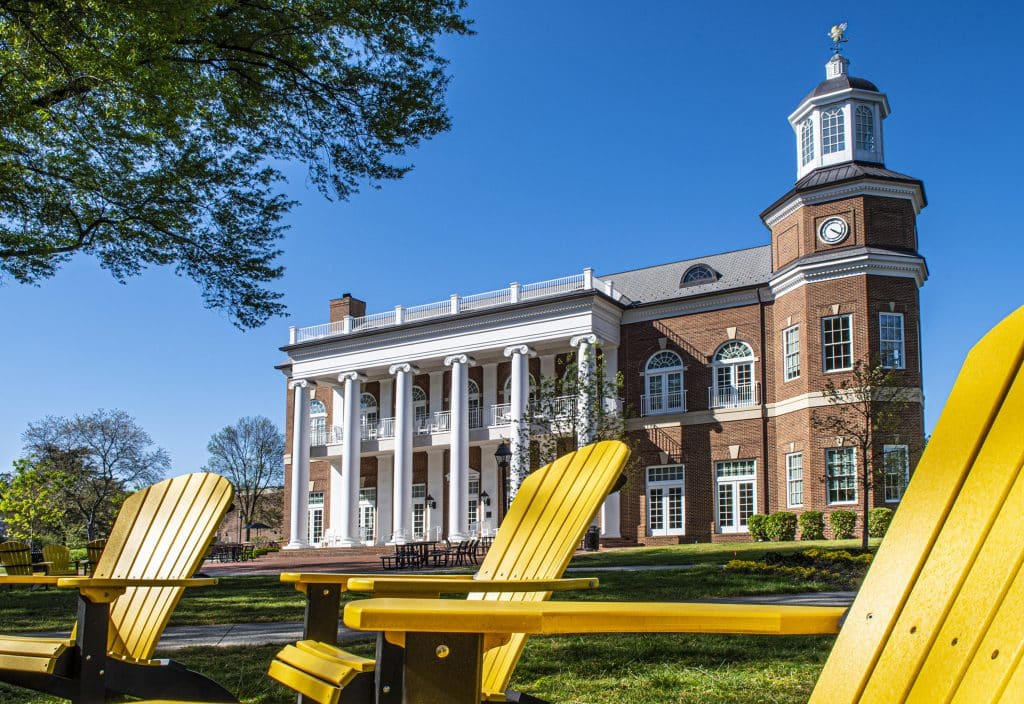
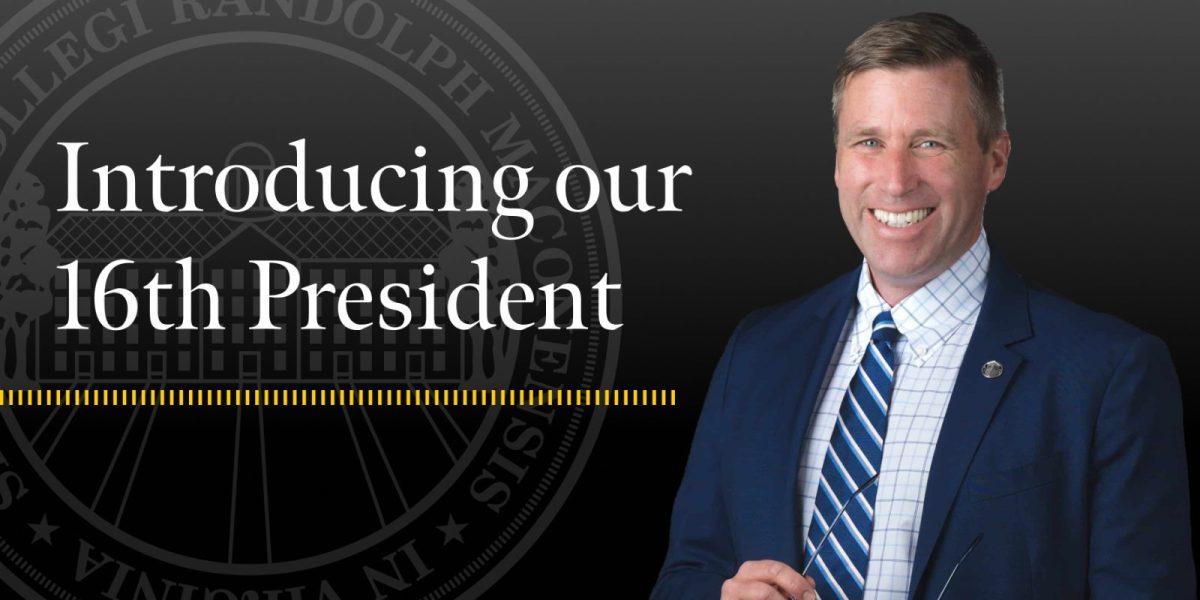

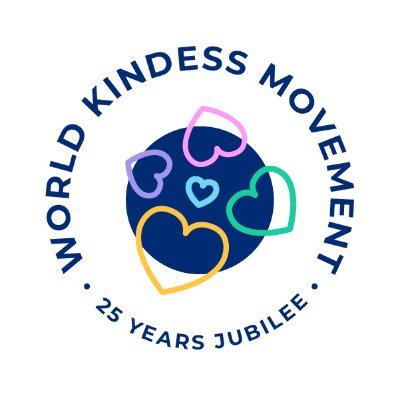
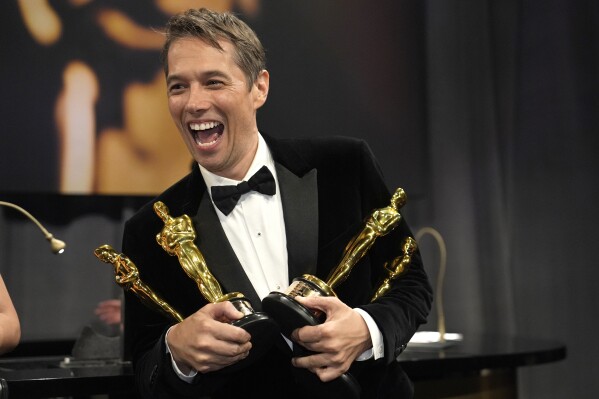
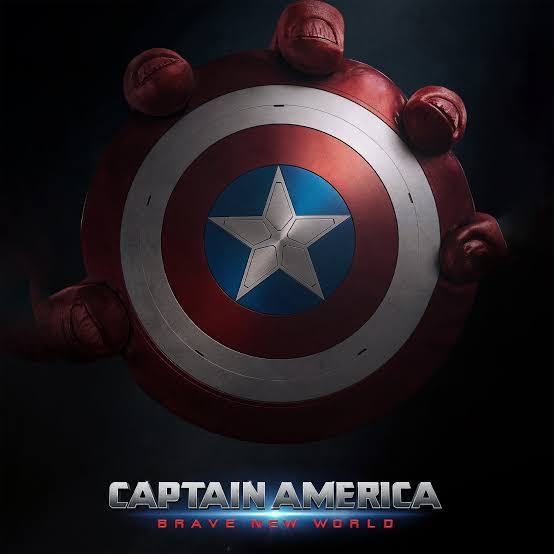


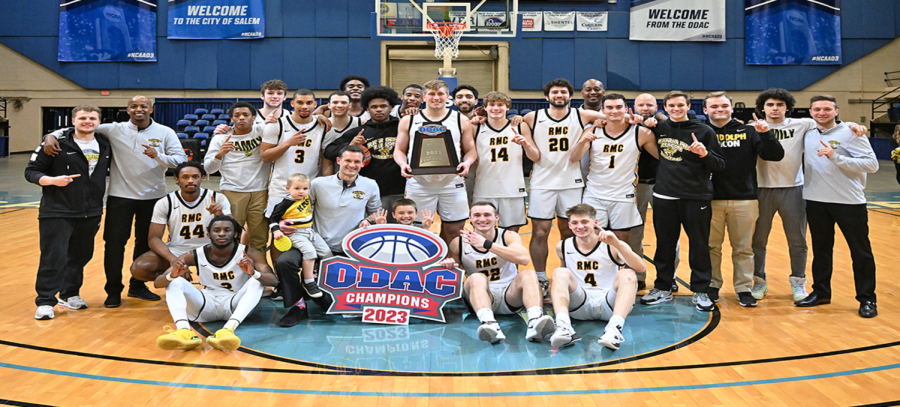

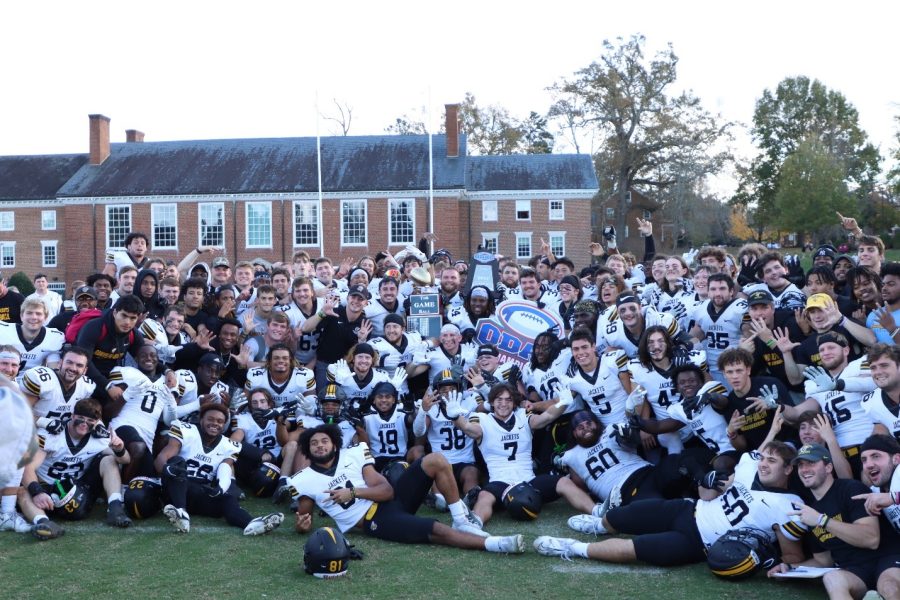
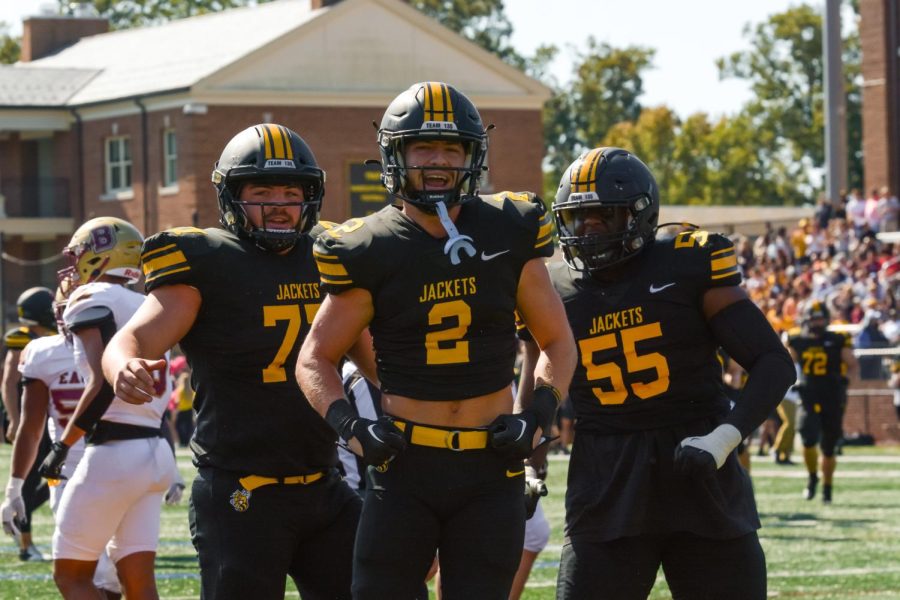
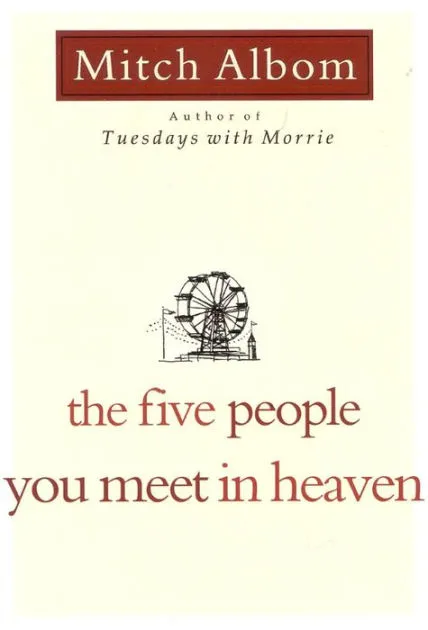


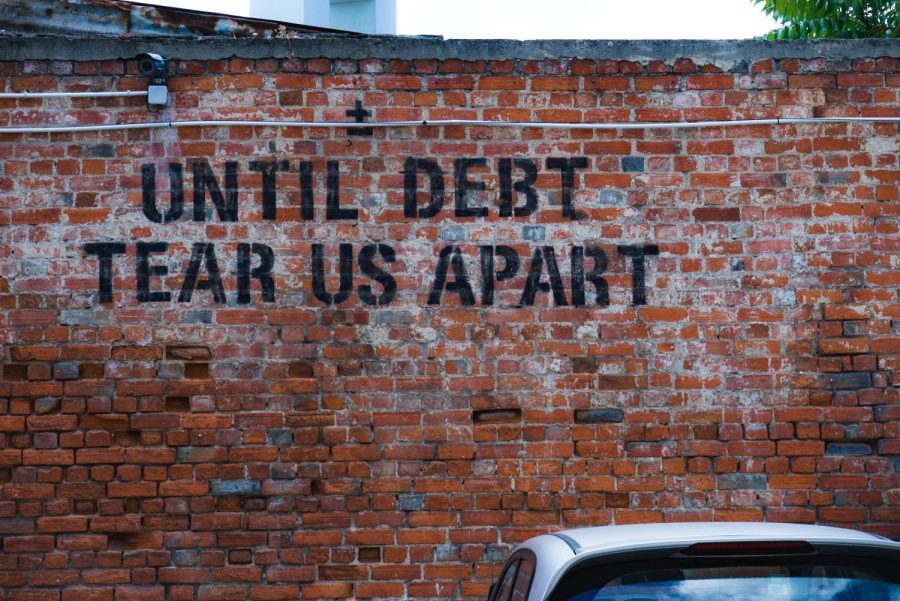
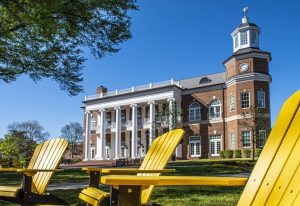

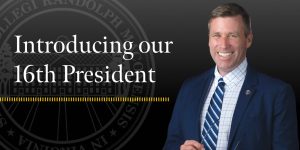

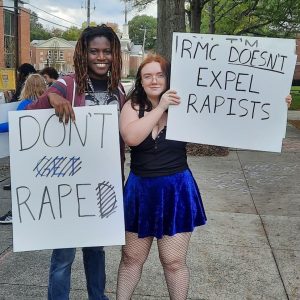
Henry Smith • Nov 1, 2022 at 5:40 pm
This article is about the truth, which I can`t get from the tv news. This article has amazing writing, facts, and is well-sourced. This shows that the Opinions Editor is very good at what he does.